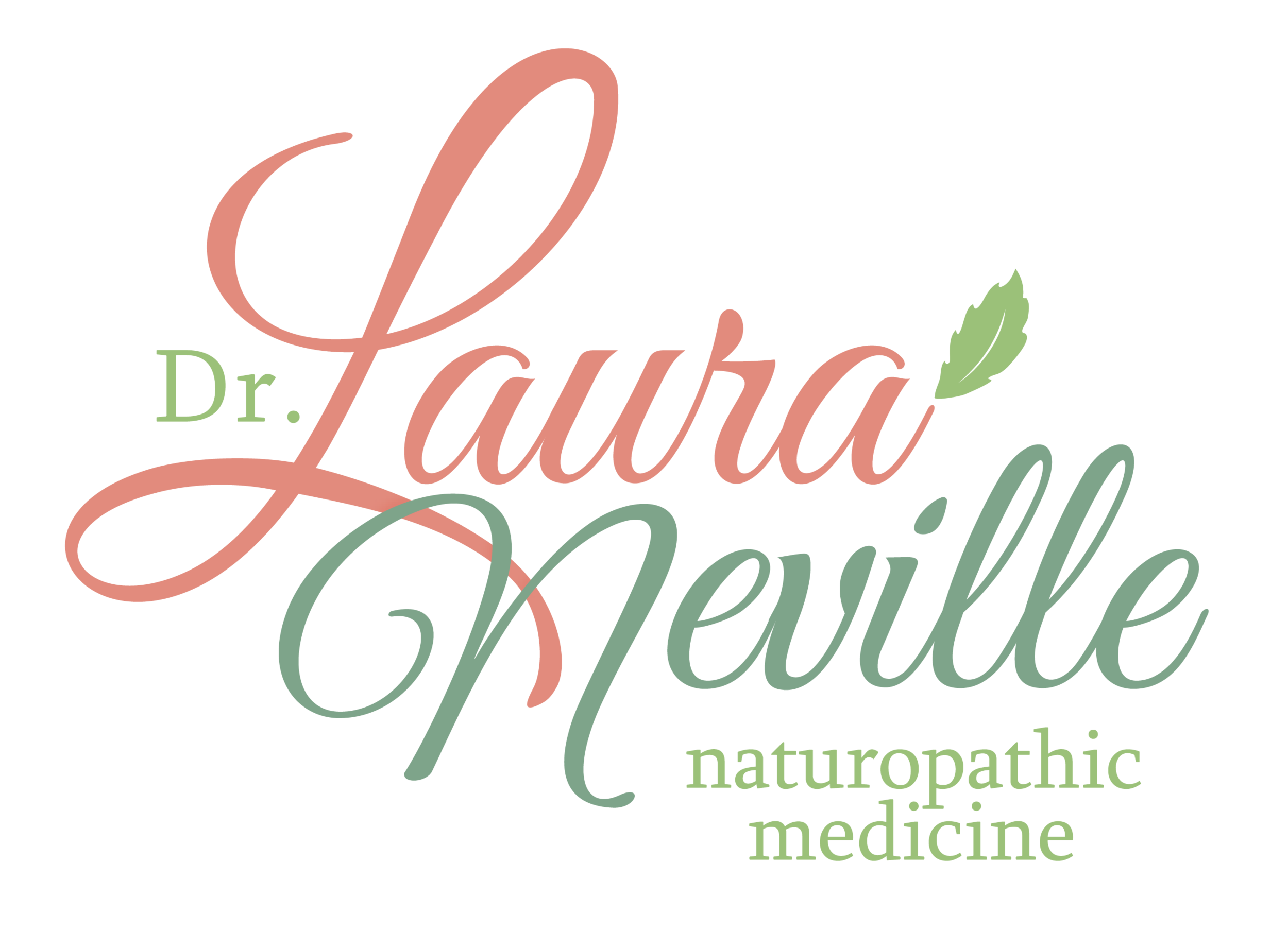Minimalism...
Chronic psychological stress has been associated with most diseases know to modern medicine; everything from immune suppression, cardiovascular disease, autoimmune disease, and cancer. In fact, a study published in 2011 suggests how significant early life stressors cause children’s cells to produce more inflammatory responses over a lifetime. This pro-inflammatory state leads to hormonal dysfunction and eventually, disease.
Another study found participants who reported significant psychological distress had poor cortisol (think “stress hormone”) responses, primarily because of reduced output during the morning hours. Without enough cortisol in the morning hours, one can wake up feeling tired and groggy. Sound familiar?
Because chronic stress (whether real or perceived) affects the vast majority of people and because it is potentially modifiable, solid strategies to address stress management are key to improve health, no matter what type of health issue.
While the causes of stress are numerous, simplification of environmental stimuli may be a powerful access point to disrupt the stress cycle. "Life at Home in the Twenty-First Century" by UCLA Cotsen Institute of Archaeology Press peered into the households of the average middle class American and found that managing the volume of possessions was such a crushing problem in many homes that it elevated stress hormones in the mothers. A 2010 study toured participants’ homes and asked home owners to describe their level of associated stress to find “over 3 weekdays following the home tours, wives with higher stressful home scores had flatter diurnal slopes of cortisol, a profile associated with adverse health outcomes, whereas women with higher restorative home scores had steeper cortisol slopes.”
A newly emerging trend towards minimalism is sprouting up from all corners, with its followers reportedly living happier, healthier lives. From TV shows to books to blogs to design, this minimalistic approach is catching waves. White washed walls and simple furniture with splashes of green houseplants are highly popular home design approaches. Marie Kondo’s book “The Life-Changing Magic of Tidying Up” lived on the 2016 New York Times best-seller list for 86+ weeks with good reason. People are drowning in stuff. People today need simplification; a movement away from over-stimulation and chaos, away from chronic stress and towards true and simple fulfillment.
Americans are waking up from the haze of overconsumption, of “things” promising to fill happiness voids. They are beginning to understand that more is not the answer to what they seek and that “retail therapy” provides no lasting fulfillment. As our world grows exponentially in complexity and the promise of each new shiny object leads to feelings of emptiness, readers resonate with Kondo’s book in one deep, resounding and collective diaphragmatic exhale. As the author explains, “One does not need to be a bare minimalist to be happy. But a more poignant approach to need vs. want and holding onto only what truly keeps you happy is the best approach.”
Additionally, less spending brings more financial security, a wonderful side effect as a poll from the APA in 2014 found that 72% of Americans reported feeling stressed about money. Joshua Fields Millburn and Ryan Nicodemus, authors of theminimalists.com describe this minimalistic movement as “Freedom from overwhelm. Freedom from guilt. Freedom from depression. Freedom from the trappings of the consumer culture we’ve built our lives around. Real freedom.” I like it. How ’bout you?
With all the medications and supplements available to those suffering from to anxiety, depression, chronic fatigue and stress disorders, what if getting rid of excess “stuff” was the most effective approach of all?
If one can learn to stress less by de-cluttering their environment, it could potentially provide a longer term and more effective way to manage emotional feelings and overall health. Less visual stimulation can free up the mind to process emotions more effectively, allow people to step out of the exhausting consumer rat race, improve energy, empower the move toward self-discovery, build financial security and let go of unnecessary baggage. At the same time, there is a positive impact on the environment through less consumption, an all-around win!
Before you reach for that second glass of wine, head out for some retail therapy or spend a hour on social media to decompress, think about an afternoon closet purge; you may just be surprised how great you feel. Sip tea slowly from a ceramic mug. No more paper cups on-the-go. Sit down for a nourishing whole food dinner. Meditate. Walk. Donate excess household items. Use just what you need, no more. Less suff = less decision making. Then...watch your health improve.
Dr. Laura Neville
Adapted from Labrix.com
References:
Arnold JE. Life at Home in the Twenty-first Century, 32 Families Open Their Doors. Cotsen Institute of Archaeology; 2012.
Miller GE, Cohen S, Ritchey AK. Chronic psychological stress and the regulation of pro-inflammatory cytokines: a glucocorticoid-resistance model. Health Psychol. 2002;21(6):531-41.
Miller GE, Chen E, Parker KJ. Psychological stress in childhood and susceptibility to the chronic diseases of aging: moving toward a model of behavioral and biological mechanisms. Psychol Bull. 2011;137(6):959-97.
Saxbe DE, Repetti R. No place like home: home tours correlate with daily patterns of mood and cortisol. Pers Soc Psychol Bull. 2010;36(1):71-81.
Segerstrom SC, Miller GE. Psychological stress and the human immune system: a meta-analytic study of 30 years of inquiry. Psychol Bull. 2004;130(4):601-30.
Need an energy boost to begin your alternative health journey? Get Dr. Neville’s 5 Recipes to Boost your Energy with Balanced Hormones, delivered directly to your inbox.

